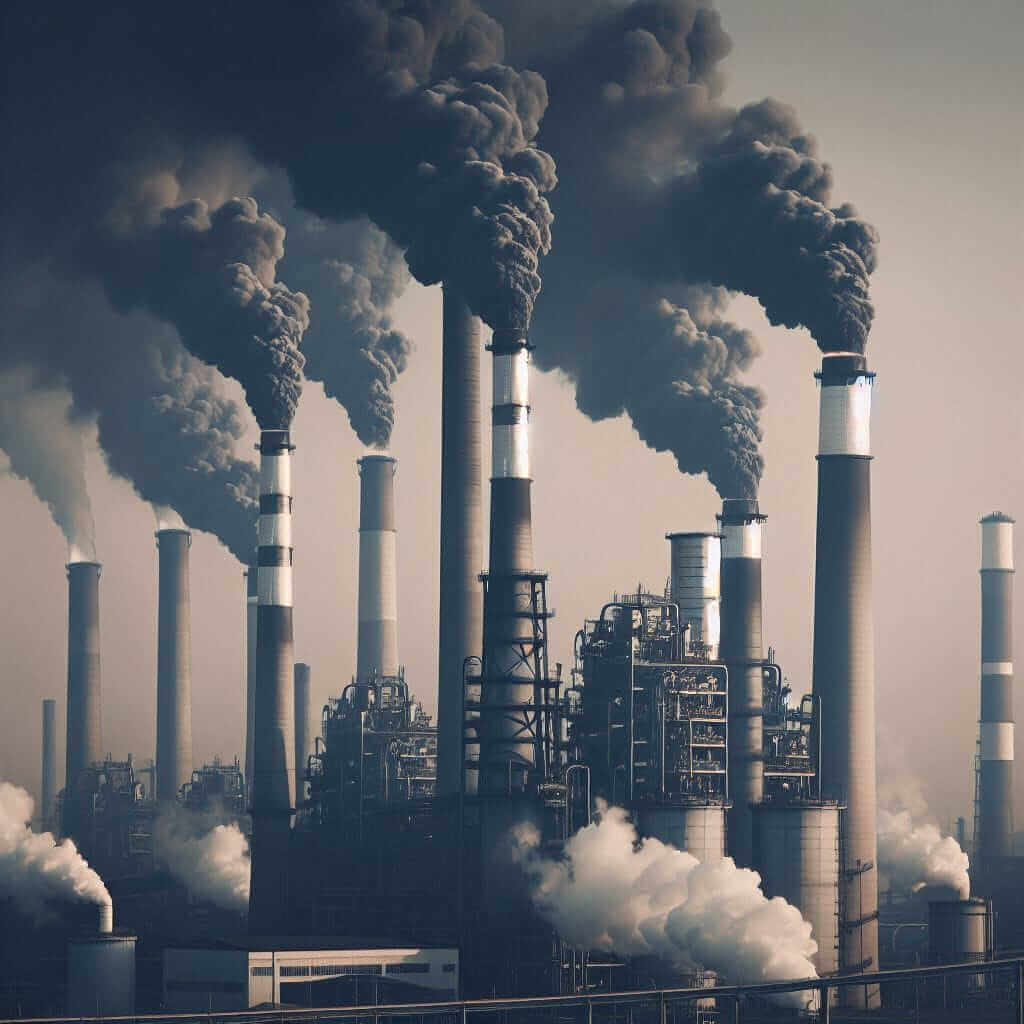As an IELTS instructor with over 20 years of experience, I’ve guided countless students toward success in their speaking exams. One topic that frequently arises, and often throws test-takers off guard, is environmental pollution. This is a significant issue globally, and its inclusion in the IELTS Speaking test highlights its relevance in today’s world.
Understanding the Task: “What are the reasons for environmental pollution?”
In the IELTS Speaking test, you may encounter this question in Part 3, where the examiner assesses your ability to analyze and discuss complex issues. You’ll need to go beyond simple answers and provide well-structured responses with reasons, explanations, and examples.
Key Factors Contributing to Environmental Pollution
To effectively answer this question, it’s crucial to demonstrate a comprehensive understanding of the contributing factors to environmental pollution. Here are some key areas to consider:
1. Industrial Activities
- Heavy reliance on fossil fuels: The burning of coal, oil, and natural gas for energy production releases harmful pollutants into the air, contributing to air and water pollution.
- Unregulated industrial discharge: Factories and manufacturing plants often release untreated wastewater and toxic byproducts into rivers and oceans, contaminating water sources and harming aquatic life.
- Lack of proper waste management: Inadequate disposal of industrial waste, including hazardous materials, can lead to soil and water contamination, posing significant risks to human and environmental health.
2. Urbanization and Population Growth
- Increased vehicle emissions: The growing number of vehicles in urban areas contributes significantly to air pollution, releasing harmful gases like carbon monoxide and nitrogen oxides.
- Higher energy consumption: As cities expand and populations grow, the demand for energy increases, leading to greater reliance on fossil fuels and exacerbating pollution levels.
- Strain on waste management systems: Rapid urbanization often outpaces the development of efficient waste management systems, resulting in improper waste disposal and environmental degradation.
3. Agricultural Practices
- Pesticide and fertilizer runoff: The excessive use of pesticides and fertilizers in agriculture can lead to these chemicals seeping into groundwater and nearby waterways, polluting water sources and harming wildlife.
- Livestock farming: Intensive livestock farming practices generate significant amounts of methane, a potent greenhouse gas contributing to climate change.
- Deforestation: Clearing forests for agricultural land reduces the Earth’s capacity to absorb carbon dioxide, exacerbating climate change and contributing to air pollution.

Illustrative Examples for IELTS Speaking
To strengthen your responses, provide concrete examples:
- “One major reason for air pollution in rapidly developing nations like China and India is the heavy reliance on coal-fired power plants.”
- “The widespread use of single-use plastics, particularly in packaging, is a leading cause of plastic pollution in our oceans, harming marine life and ecosystems.”
- “Deforestation in the Amazon rainforest, driven primarily by agricultural expansion, is a significant contributor to global climate change and biodiversity loss.”
Tips for Success
- Structure your response: Use clear connectors like “Firstly,” “Secondly,” and “Finally” to organize your thoughts logically.
- Provide explanations: Don’t just list reasons; explain how they contribute to environmental pollution.
- Use relevant vocabulary: Incorporate words like “emissions,” “contamination,” “degradation,” and “sustainability” to demonstrate your language proficiency.
- Practice makes perfect: Rehearse answering this question and other environment-related topics to boost your confidence.
By understanding the causes of environmental pollution and practicing your responses, you’ll be well-equipped to tackle this important topic in your IELTS Speaking test. Remember, the examiner is looking for clear, coherent, and well-supported answers. Good luck!